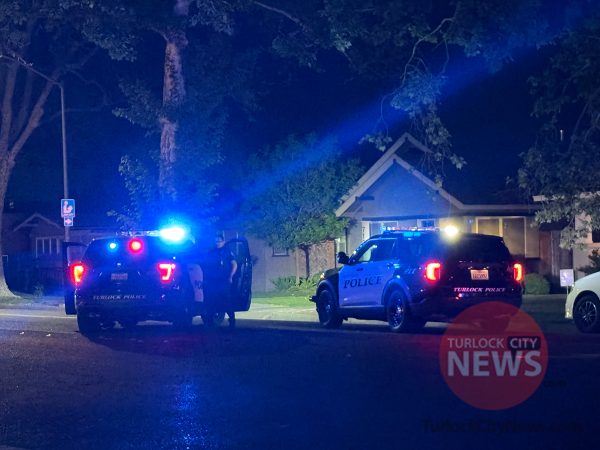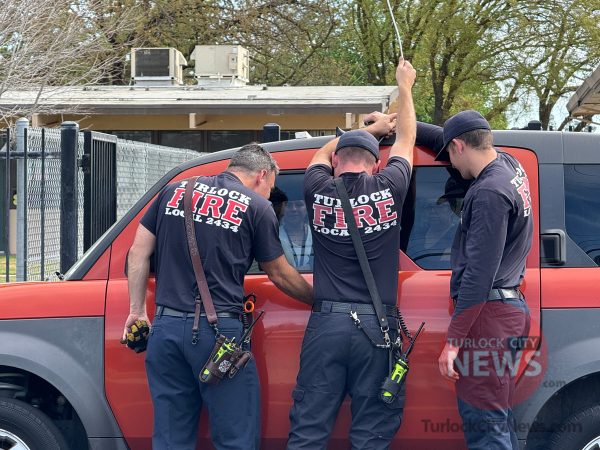A University of California, Riverside sociologist has written a book that examines that pattern of migration of immigrants from the Mexican town of Jalostotitlán (Jalos), Jalisco and Turlock.
Alfredo Mirandé’s new book, titled “Jalos USA: Transnational Community and Identity” (University of Notre Dame Press) also examines the ability of these migrants to stay connected to their native roots, and how that facilitates success in the United States.
Beginning in 2006, Mirandé made several trips to Turlock and Jalos to observe and interview migrants who identify themselves as “being from Jalos.” He interviewed youth, priests, social service providers and others from Turlock and Jalos.
Mirandé, who teaches in the sociology and ethnic studies departments at UC Riverside, examined courtship, family, gender, and culture of this community and their impact of identity. He also found that there was an emerging ideology he calls “El Que Quiere, Puede” (“Those Who Want, Can”), which Mirandé says inspires Jalos residents to pursue a Mexican version of the American Dreams, and asserts that those who are motivated and hardworking can succeed in the U.S.
“ ‘Being from Jalos,’ regardless of one’s place of birth or immigration status, is facilitated by biannual religious fiestas that reinforce identification with a global transnational community,” Mirandé said. “Religious-based fiestas bring residents back to the community on pilgrimages that serve not only to promote a transnational Jalos identity but also as a dating and marriage market for young people.”
Mirandé’s study also focused on the role religion plays in the predominantly Catholic region in Mexico that was the center of the Cristero War, a counter-revolution against the anti-cleric policies of the ruling Mexican government in the 1920s and 1930s.
“While most studies of migration have looked at transnational migration among indigenous communities in México and Central America, this study focuses on a less indigenous community,” the researcher said.
Mirandé proposes that “while people from Jalos may be ‘light’ and derive certain privileges because of their phenotype or lighter skin tone, they are certainly not accepted as ‘white’ in the United States.” He describes a new form of discrimination that is not only based on race, but also language and real or perceived immigration status.
Community studies have a long history in modern Mexican research, said Diego Vigil, professor emeritus of criminology, law and society at UC Irvine.
“The study of international migration today requires that we look at the binational, bilingual, and bicultural nature of the movement of large bodies of people,” he said. “Mirandé adds a new theoretical perspective when he also examines the bi-community effects of living and raising families in two countries.”
Mirandé is the author of a number of books, including “The Stanford Law Chronicles: Doin’ Time on the Farm” (2007), “Gringo Justice” (1987), and “The Chicano Experience” (1985), all published by the University of Notre Dame Press. He is also the author of “Hombres y Machos (1997, Westview Press), “Rascuache Lawyer” (2011, University of Arizona Press), and co-author with Evangelina Enríquez of “La Chicana” (1979, University of Chicago Press).







